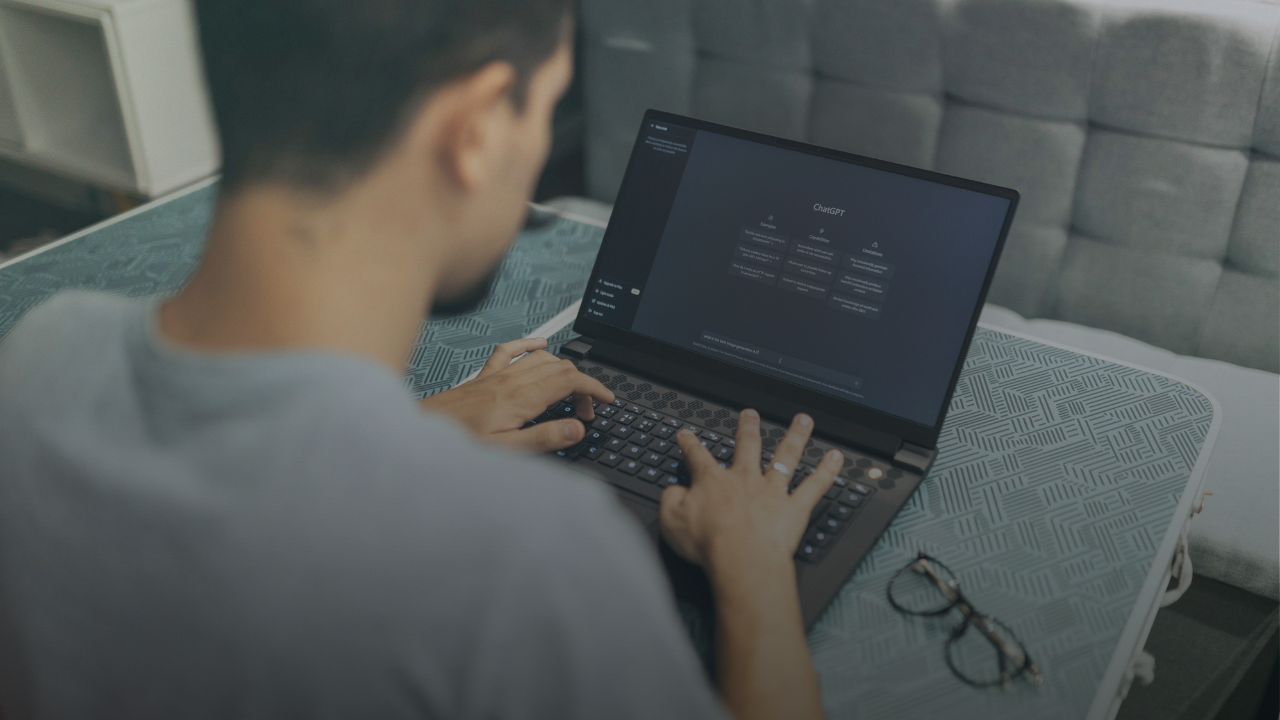Reflections on Healing, Humanity, and Technology
For a while now, I’ve been sitting back — watching, listening, feeling.
Not out of hesitation, but because some conversations are too important to rush into.
Now feels like the right moment to step in — not with conclusions, but with care.
We are standing at a pivotal point in human evolution. Artificial Intelligence is no longer a concept of the future; it’s here. And as it accelerates — transforming how we work, communicate, and even care for ourselves — we’re faced with questions that go far beyond technology.
This isn’t just about productivity.
It’s about what it means to be human in an increasingly automated world.
What we’re seeing right now is more than excitement or fear — it’s a deep stirring of uncertainty.
And while AI often gets framed as the source of that discomfort, I believe the deeper issue is something more human:
The real crisis is not artificial intelligence. It’s emotional illiteracy.
We’re engaging with tools that can reflect back our own thoughts, our language, even our vulnerabilities. But without the internal resources — the discernment, emotional regulation, and nervous system capacity — to hold what’s being reflected, people are becoming destabilized.
I’ve seen this firsthand. Individuals entering emotional crisis — not because AI is inherently harmful, but because they didn’t know how to interpret what was mirrored back to them. Sometimes it’s an over-accommodating tone, other times it’s misplaced certainty. And in the absence of an inner compass, the response can feel more disorienting than helpful.
When we take machine-generated insight as truth, without context or emotional awareness, we deepen the disconnection — from ourselves, from others, from meaning.
That’s why discernment is no longer optional.
And neither is curiosity.
If approached with consciousness — shaped by ethics, vision, and compassion — AI could become one of the most supportive tools we’ve ever created. Not to replace humanity, but to amplify the parts of it we’ve forgotten to nourish: self-awareness, emotional resilience, deep connection.
That’s the space I’m stepping into.
Not just studying how AI behaves, but learning how it’s built. Who’s shaping it. What assumptions are embedded within it. And what’s possible if we, as emotionally attuned beings, participate in shaping its evolution.
Because AI is not going away.
But neither is our responsibility.
Those of us who hold healing, clarity, and care as core values must have a voice in how this unfolds. We need to be in the conversation — not on the sidelines, not reacting in fear, but actively creating something wise, grounded, and human-centered.
Because whether the pace continues to accelerate, or one day slows down, the same truth remains:
What makes us human will always matter.
Emotional depth.
Community and connection.
The need to feel safe, seen, and understood.
These aren’t luxuries.
They’re foundations.
I don’t have all the answers.
But I know the right questions are worth asking.
And I believe technology can support healing — if it’s shaped with heart, not control.
So this is where I begin.
Not with certainty, but with a call to reflection.
A space to ask better questions.
And an invitation to anyone else who feels the shift happening too.
Let’s not just keep up with the pace.
Let’s shape it — with clarity, ethics, and soul.






